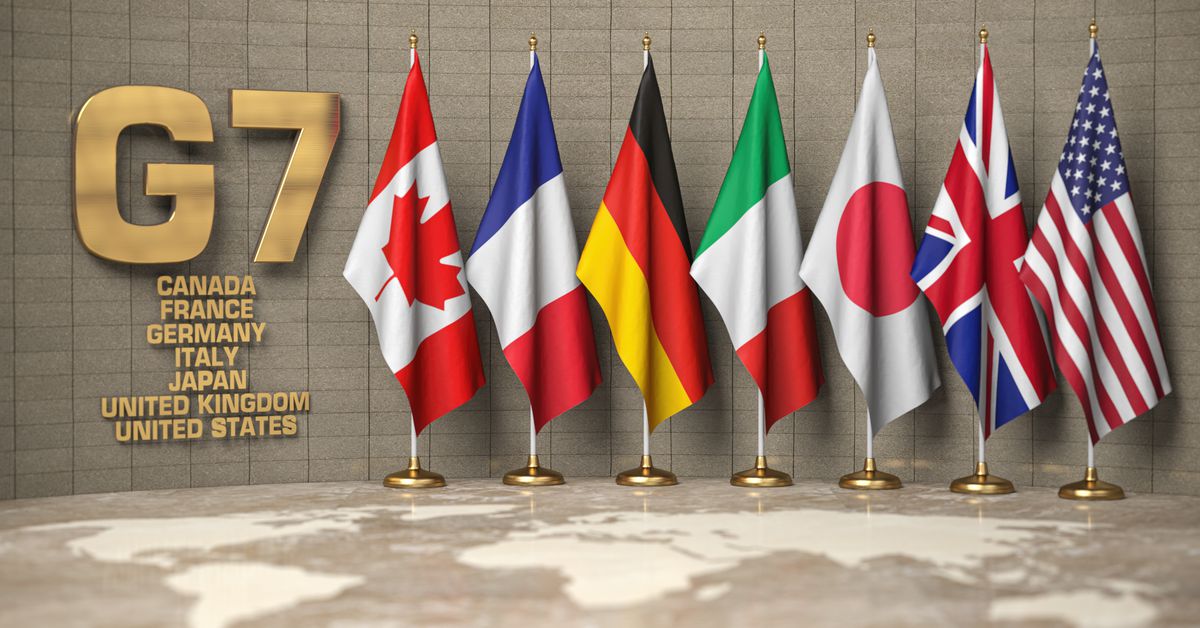
G7 to tighten crypto regulation
Xinhua news agency reported on March 25 that the seven largest democracies may advocate for more global rules on cryptocurrency at the next G7 summit.
Japan, the United States, the United Kingdom, Canada, France, Germany, and the European Union will establish a joint plan to promote crypto transparency, strengthen consumer safeguards, and handle possible global financial concerns, according to authorities in Kyoto. In May of this year, the summit will take place in Hiroshima.
Japan is the only G7 nation to now regulate cryptocurrencies, while the European Union’s Markets in Crypto-Assets (MiCA) law is scheduled to take effect in 2024.
The United Kingdom is progressively strengthening its crypto framework, with the recent introduction of a tax form category for crypto assets and ambitions for a digital pound.
Canada classifies digital assets as securities, while the United States now uses existing financial rules, with some expecting the introduction of a crypto regulatory framework in the coming months.
The Financial Stability Board (FSB), the International Monetary Fund (IMF), and the Bank for International Settlements (BIS) are making parallel efforts to establish standards for digital assets, as the 20 largest economies in the world — collectively known as the G20 — announced in February during a meeting in Bengaluru, India.

Between July and September, recommendations on the regulation, monitoring, and oversight of global stablecoins, crypto asset activities, and markets are anticipated. But it is uncertain what the tone of the suggestions will be.
In February, for instance, the International Monetary Fund (IMF) announced an action plan on crypto assets, pushing nations to remove cryptocurrencies’ status as legal tender.
It is good to know that the IMF opposes cryptocurrencies as legal money, particularly after El Salvador accepted Bitcoin as its official currency in September 2021.
However, the fund has been advocating for countries to adopt stricter crypto regulations while simultaneously developing an interoperable platform to connect multiple global CBDCs and facilitate cross-border transactions.





